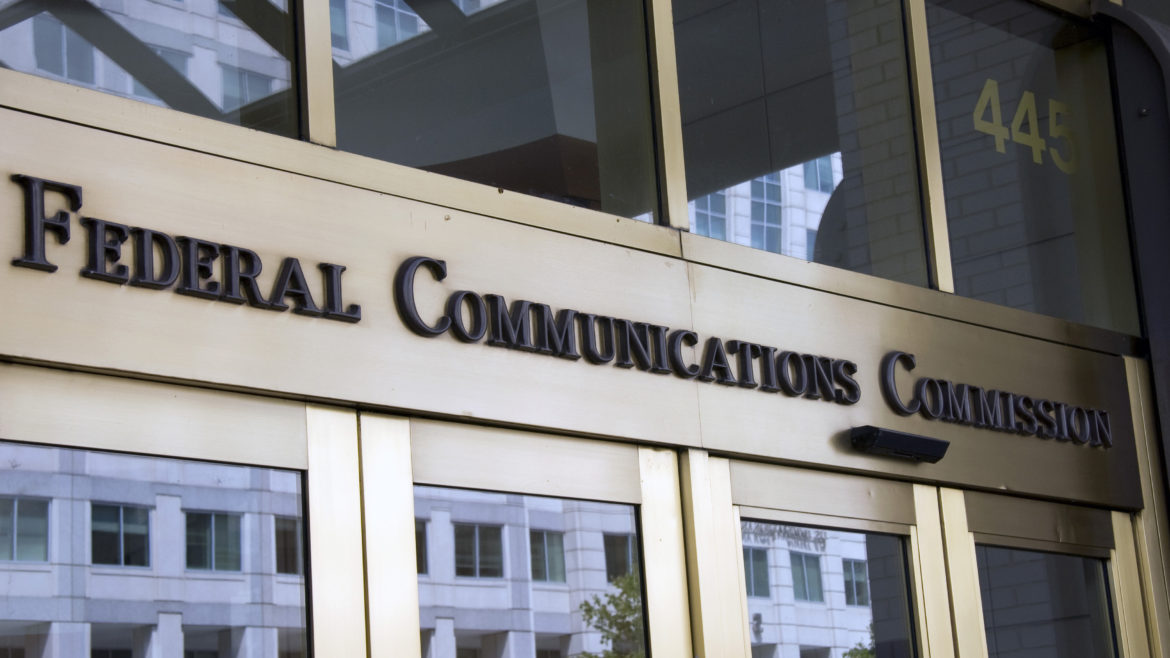FCC inquiry examines WBAI’s on-air fundraising practices

Mike Janssen / Current
The FCC has launched an inquiry into allegations that Pacifica’s WBAI in New York City violated noncommercial standards with programs promoting nutritional supplements and other products.
In a Feb. 12 letter of inquiry, the commission notified the Pacifica Foundation that it is evaluating a petition to deny and other “informal objections” as it considers WBAI’s pending license renewal.
Pacifica Safety Net, a California-based nonprofit of listeners, donors and supporters of Pacifica’s five stations, submitted its petition in May 2022.
In its letter, the FCC said the inquiry arises from allegations that WBAI broadcasts of the Gary Null Show, Christine Blosdale Special and Off the Hook included calls to action, descriptions of price information, and “inducements” to buy products or services from guests.
“The products and services were created by either the respective WBAI program host or their guests on the shows, and purportedly related to the topics of their respective program’s discussions and interview topics,” the FCC said. “The Petitioner and Objectors allege that the WBAI program hosts promoted these products and services without proper sponsorship identification.”
The FCC asked Pacifica to confirm whether WBAI or any of its other stations broadcast the programs or underwriting related to them. It seeks audio recordings and transcripts of the programs and details about any payments related to those broadcasts.
Pacifica’s response was due within 45 days of the letter of inquiry.
Pacifica Foundation also owns FM radio stations in Berkeley, Calif.; Los Angeles; Houston; and Washington, D.C.
Executive Director Stephanie Wells said in an email to Current that it is Pacifica’s “intention to resolve this matter as we continue to respect the airwaves and meet the needs of the listeners and communities we serve.”
In her April 4 email, Wells did not reply to a question asking whether Pacifica had responded to the FCC.
Ernest Sanchez, a longtime public broadcasting attorney and founder of Sanchez Law Firm, said the allegations are serious.
“The FCC isn’t eager to take away people’s licenses. So I’m not necessarily predicting something that dire,” Sanchez said. “… I think this could absolutely result in a very sizable fine.”
He believes “the smart thing for WBAI to do” would be to enter voluntarily into a consent decree with the FCC. The station would “admit error, if they’re willing to, and agree to voluntarily pay a fine and to take various explicit steps to educate their staff and to police their own activities.”
In its petition to deny, Pacifica Safety Net urged the FCC not to reject WBAI’s license renewal. It called on the commission to apply sanctions and demand removal of those responsible for the violations.
Pacifica Safety Net’s 238-page petition included a statement of its own mission and exhibits and transcripts of WBAI’s alleged violations.
“The violations we allege include specific instances of failure with respect to Commission rules and policies concerning payola, pay-for-play regulations, sponsorship identification requirements, on-air underwriting rules, personal inurement restrictions, material omission of required public file submissions, and lack of licensee oversight and control,” the petition said.
One exhibit included in the petition is a 2016 WBAI treasurer’s report in which a general manager discusses a Gary Null retreat and fundraiser during a meeting of the station’s local finance committee. The retreat generated about $200,000 in gross revenues, but WBAI’s net was around $6,000, according to the report.
Sanchez pointed to that specific allegation as especially dangerous for WBAI.
“The FCC has been very explicit [that] if you want to do a fundraiser on your air and to treat it as your event, then it has to be something where you have the financial risk of the success or failure associated with the event,” Sanchez said.







